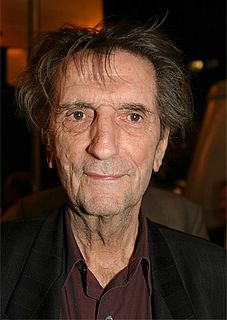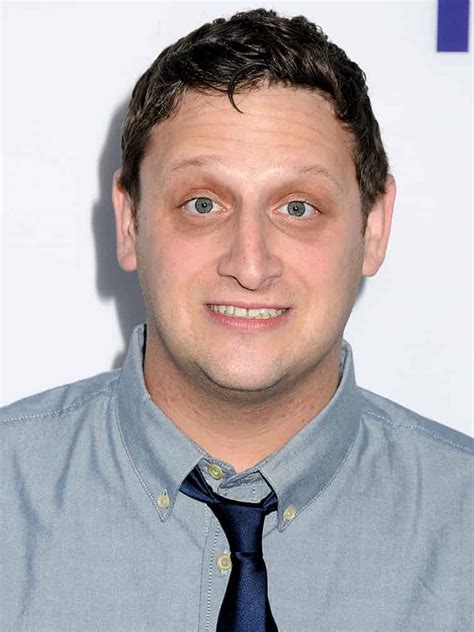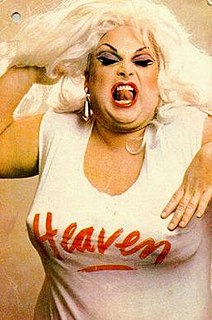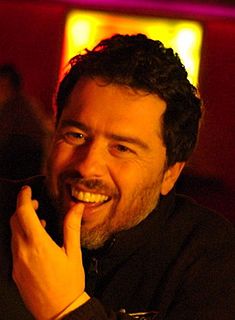A Quote by Adam Ross
I studied Hitchcock and Josef von Sternberg under Richard Dillard at Hollins, and that year under his tutelage just completely rewired my brain. Both directors combine moral seriousness with great artistry and, certainly in Hitchcock's case, an enormous respect for plot, for its power to enthrall and delight.
Related Quotes
I went to film school and studied Alfred Hitchcock. I knew of Alma Reville existence, but had no idea really who she was or how influential she was on him. She stayed in the shadows. Go online, and there are hardly any images or film of her. She really stayed out of the limelight on purpose. She didn't want it, and I think that's one of the reasons that she's really lost in the shadows of Hitchcock's history to a degree.
It's Toby Jones playing Alfred Hitchcock, not Alfred Hitchcock. We all felt that his silhouette was crucial, so his nose and lips were crucial as well. We had to build it out a bit to get the silhouette. But, with my nose being so small within the proportion of my face, the first nose was too big. I felt like a nose on parade.
There are two kinds of filmmaking: Hitchcock's (the film is complete in the director's mind) and Coppola's (which thrives on process). For Hitchcock, any variation from the complete internal idea is seen as a defect. The perfection already exists. Coppola's approach is to harvest the random elements that the process throws up, things that were not in his mind when he began.


































